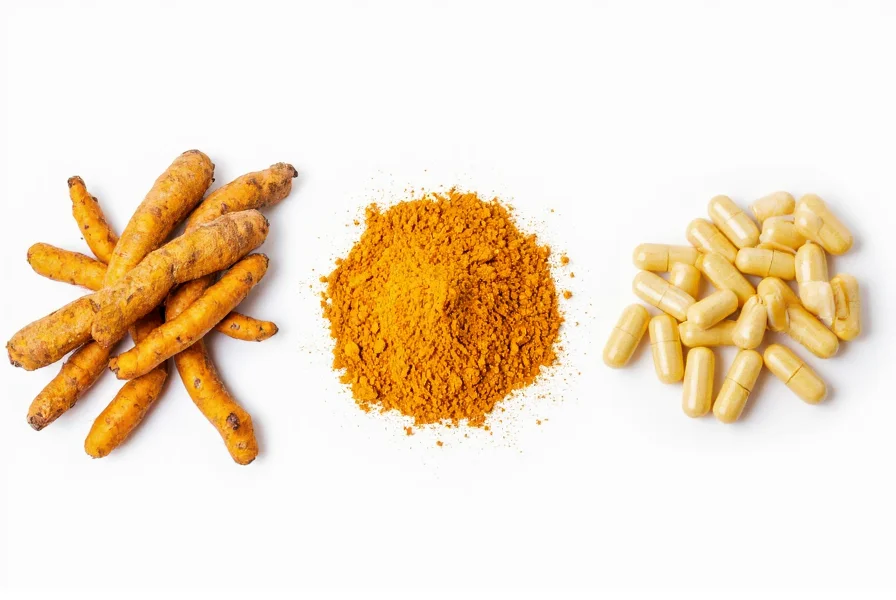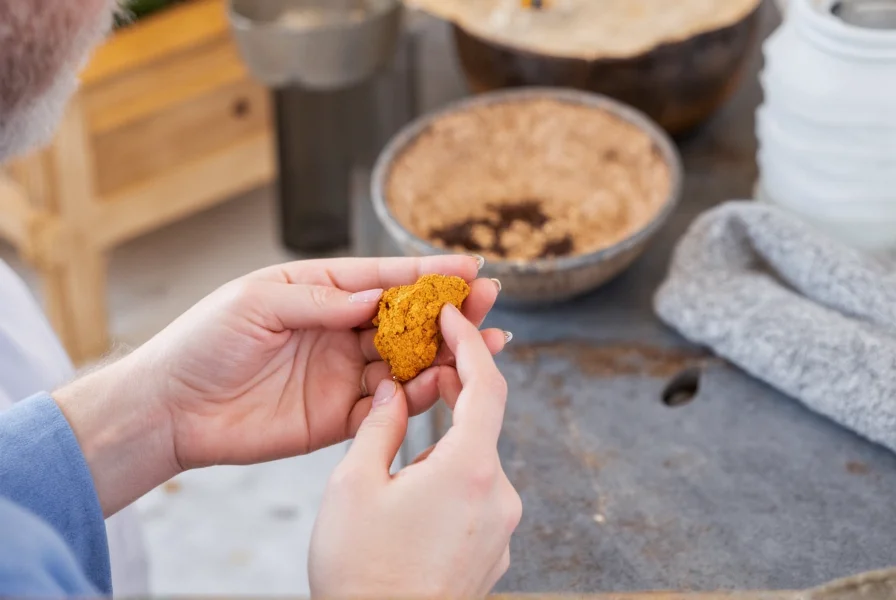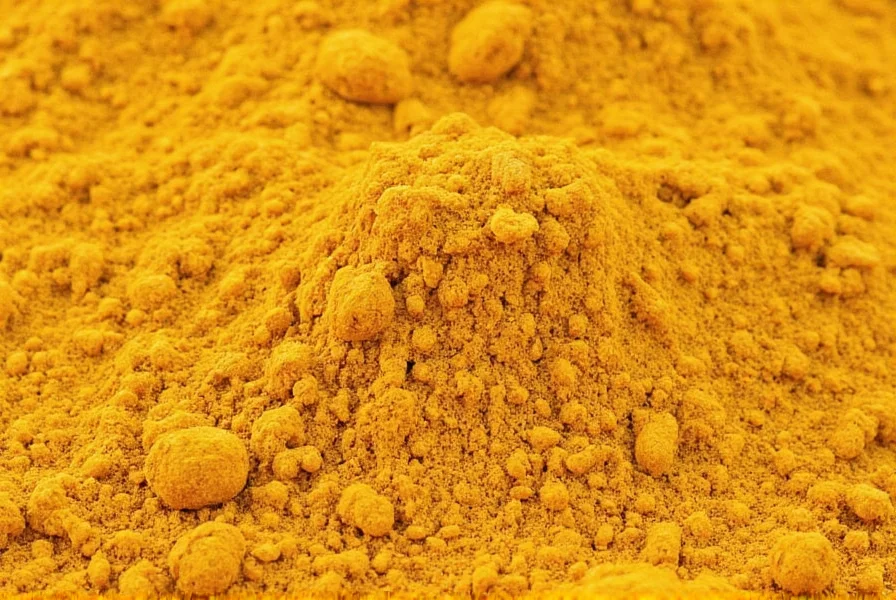For general health maintenance, most research suggests a daily turmeric dosage of 500-2,000 mg of curcumin (the active compound in turmeric), typically divided into multiple doses. Culinary use of turmeric powder ranges from 1-3 grams daily. Always consult your healthcare provider before starting turmeric supplements, especially if you have medical conditions or take medications.
When exploring how much turmeric should I take, it's essential to understand that optimal dosage depends on several factors including your health goals, the form of turmeric, and your individual health status. Turmeric contains curcumin, which makes up about 2-8% of the spice by weight, and most research focuses on curcumin's effects rather than whole turmeric.
Understanding Turmeric Forms and Bioavailability
Turmeric comes in various forms, each with different curcumin concentrations and absorption rates. The bioavailability of curcumin is naturally low, which is why many supplements include piperine (from black pepper) to enhance absorption by up to 2,000%.
| Turmeric Form | Typical Curcumin Content | Recommended Daily Amount |
|---|---|---|
| Raw turmeric root | 2-5% curcumin | 1-3 grams |
| Turmeric powder (culinary) | 3-6% curcumin | 1-3 teaspoons (3-9 grams) |
| Standardized curcumin extract | 95% curcumin | 500-1,500 mg |
| Enhanced absorption formula | Varies (with piperine or lipids) | 250-500 mg |
Science-Backed Turmeric Dosage Guidelines
Research on what's the proper amount of turmeric to consume varies based on health objectives. The Arthritis Foundation recommends 400-600 mg of turmeric extracts two to three times daily for inflammation management. For general wellness, many studies use 500 mg of curcumin twice daily.
When determining how much turmeric is safe to take, consider that the Joint FAO/WHO Expert Committee on Food Additives established an acceptable daily intake of 0-3 mg per kilogram of body weight for curcumin. For a 150-pound (68 kg) person, this translates to approximately 200 mg of curcumin daily.
Safety Considerations and Maximum Limits
While turmeric is generally safe when used in culinary amounts, higher supplemental doses require caution. Research indicates that is 1000mg of turmeric too much depends on the formulation:
- Standard turmeric powder: 1,000 mg is a moderate culinary dose (about 1/4 teaspoon)
- Standardized curcumin extract: 1,000 mg may be appropriate for therapeutic use
- Enhanced absorption formula: 1,000 mg likely exceeds recommended amounts
The European Food Safety Authority considers up to 225 mg of curcumin daily from supplements safe for adults. Higher doses (over 8 grams) have been associated with gastrointestinal issues in some studies. When evaluating maximum safe turmeric intake per day, remember that long-term safety data for high-dose supplementation remains limited.

Factors Influencing Your Ideal Turmeric Dosage
Your personal turmeric supplement dosage guidelines should account for several variables:
Health Conditions
For inflammation management, studies often use 1,000 mg of curcumin daily. Research on turmeric dosage for inflammation suggests this amount may reduce inflammatory markers by 10-30% in some individuals. Those with osteoarthritis have shown benefits from 1,000 mg of curcumin daily in clinical trials.
Medication Interactions
Turmeric may interact with blood thinners, diabetes medications, and certain chemotherapy drugs. If you take anticoagulants, even culinary amounts (over 1 teaspoon daily) might require monitoring. Always discuss how much turmeric should I take with your doctor if you're on medication.
Individual Factors
Age, weight, metabolism, and gut health all affect how your body processes turmeric. Older adults may need lower doses due to potential interactions with medications. People with gallbladder issues should avoid high-dose turmeric as it may stimulate bile production.

Optimizing Turmeric Absorption
To maximize benefits from how much turmeric is safe to take, consider these absorption tips:
- Combine with black pepper: Piperine increases curcumin absorption by up to 2,000%
- Take with healthy fats: Curcumin is fat-soluble, so consume with avocado, olive oil, or nuts
- Consider timing: Taking turmeric with meals reduces potential stomach upset
- Choose enhanced formulations: Look for products with phospholipids or nanoparticles
For those wondering how much curcumin should I take daily, remember that 500 mg of a standard curcumin extract provides about 475 mg of curcuminoids, while the same amount of an enhanced formula might deliver equivalent benefits with just 100-200 mg due to better absorption.
When to Consult a Healthcare Professional
Before determining your personal recommended daily turmeric dosage, consult a healthcare provider if you:
- Are pregnant or breastfeeding
- Have gallstones or bile duct obstruction
- Take blood thinners or diabetes medications
- Have upcoming surgery (stop turmeric 2 weeks prior)
- Experience persistent digestive issues
Healthcare providers can help determine if is 1000mg of turmeric too much for your specific health profile and whether potential benefits outweigh risks in your situation.
Practical Turmeric Consumption Tips
For culinary use, adding 1-3 grams (about 1/2 to 1 1/2 teaspoons) of turmeric powder to meals provides flavor and modest health benefits without risk. Golden milk recipes typically contain 1-2 teaspoons of turmeric per serving.
When using supplements, start with the lowest effective dose (often 250-500 mg of curcumin) and monitor your body's response before increasing. It may take 4-8 weeks to notice benefits from turmeric supplement dosage guidelines for chronic conditions.
Frequently Asked Questions
Can I take turmeric every day?
Yes, turmeric can be taken daily within recommended limits. Culinary amounts (up to 3 grams of powder daily) are generally safe for long-term use. For supplements, most studies show safety with up to 500 mg of curcumin twice daily for 2-3 months. Long-term daily supplementation should be discussed with a healthcare provider.
What happens if I take too much turmeric?
Excessive turmeric intake (typically over 8 grams daily) may cause digestive issues like nausea, diarrhea, or acid reflux. High doses can potentially interact with blood thinners, increase bleeding risk, and cause gallbladder contractions in susceptible individuals. Very high doses in supplement form may lead to headaches or skin rash in some people.
How long does it take for turmeric to work?
The timeframe varies by condition and individual. For inflammation relief, some notice improvements in 2-4 weeks, while others may require 4-8 weeks of consistent use. Research shows measurable reductions in inflammatory markers after 4-12 weeks of daily supplementation at appropriate doses. Culinary use provides more subtle, long-term benefits rather than immediate effects.
Should I take turmeric in the morning or at night?
Timing depends on your goals and tolerance. Many people prefer taking turmeric with their largest meal of the day to enhance absorption and minimize potential digestive upset. If using for sleep support, some take it in the evening as curcumin may have mild calming effects. If experiencing any stomach discomfort, taking it with food is recommended regardless of time of day.
Can I get enough turmeric from food alone?
You can obtain turmeric's benefits from food, but therapeutic doses for specific conditions typically require supplementation. Culinary use provides about 20-100 mg of curcumin daily, while research on specific health benefits often uses 500-2,000 mg of curcumin. Regular consumption of turmeric in cooking offers cumulative health benefits, but may not reach the concentrations used in clinical studies for targeted conditions.











 浙公网安备
33010002000092号
浙公网安备
33010002000092号 浙B2-20120091-4
浙B2-20120091-4